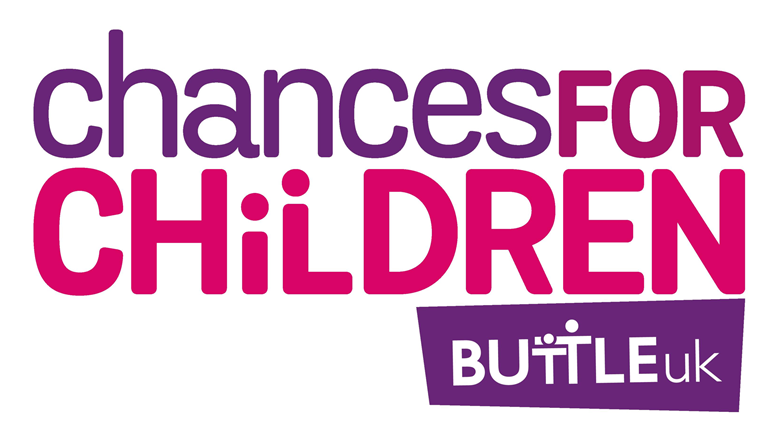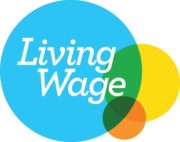Back to School: An unequal education for children in poverty
Our unique study of frontline child support workers shows how children of less well-off families face multiple issues in fully accessing the state education that is available to them, and are being further disadvantaged at the very start of life.
Our unique study of frontline child support workers shows how children of less well-off families face multiple issues in fully accessing the state education that is available to them, and are being further disadvantaged at the very start of life.
As millions of children prepare to return to school today, our most recent qualitative and quantitative study shows just how the children of families living in poverty are disadvantaged when it comes to the current school system.
The nationwide sample of 1,200 support workers are those Buttle UK work with to provide Chances for Children grants of up to £2,000, direct to families to help support children overcome the barriers that they face in fully accessing the school system. The results offer a thermometer reading of what it is like for these children at school. The study was carried out to understand exactly where best to allocate grants to families struggling to give their children the best chance of a successful education.
It paints a worrying picture of the education system as an unequal playing field. There are major disadvantages for some children missing out on essential social interaction and the opportunity of learning soft skills through after school classes and other activities. In summary, the study highlights the effects on education of a range of issues such as: living without the basic essentials, not having a suitable bed; being unable to afford uniform or after school clubs and the impact of not having internet access or clean clothes.
Some top line findings include: –
- 79% of frontline workers report regularly seeing (i.e. at least once a week) parents who are struggling to afford the costs associated with school. At its most extreme, not being unable to afford school uniform or the correct equipment results in children being unable to take certain subjects, or even attend some schools at all.
- 67% regularly see (i.e. at least once a week) children being unable to access after school clubs due to the cost. Being unable to afford after school activities means that children have limited opportunity to learn beyond core academic subjects, or develop their social skills.
- 88% of respondents regularly see (i.e. at least once a week) parents being unable to afford the basics (food, fuel and household items), and 77% see children having to be fed either breakfast or dinner at school.
- 55% regularly see (i.e. at least once a week) children without an appropriate bed of their own, resulting in a lack of sleep and issues in being able to concentrate in class.
- 66% of respondents regularly (i.e. at least once a week) see parents being unable to afford the cost of cleaning children’s clothes and bedding. A common theme reported was that families often cannot afford heating or hot water. Not being able to provide a clean, warm living environment means that children are more likely to become ill and miss school, or not attend school due to not having appropriate clothing. These problems can also increase bullying within schools.
- 61% of frontline workers regularly (i.e. at least once a week) see families struggling with internet access. This means that children are unable to complete homework that requires the internet, and parents are unable to communicate with schools or access support that can help with children’s education.
Buttle UK CEO Joseph Howes commented, “Although we work with these families daily, and have done for over 65 years, even I was shocked and saddened to learn some of these findings. Buttle UK is working hard to increase the support it provides each family receiving our Chances for Children grants, but this report shows the scale of the task facing us and other charities in this area of work.”
Child support workers have a unique insight based on their day-to-day interaction with the families and the children we financially support. Their experience is literally from the ‘front line’ and the findings of this work really do provide a thermometer of what life is like for children growing up in poverty in the UK today. What this report is showing specifically is that this poverty means an unequal access to the education that the state provides. Education is crucial in breaking the inter-generational cycle of poverty, we therefore want all political parties to form child-centric strategies that give all children the chance of a successful education. Our door is wide open to the new PM and his team, and opposition parties, to learn how we have successfully helped children and young people through our grants.





